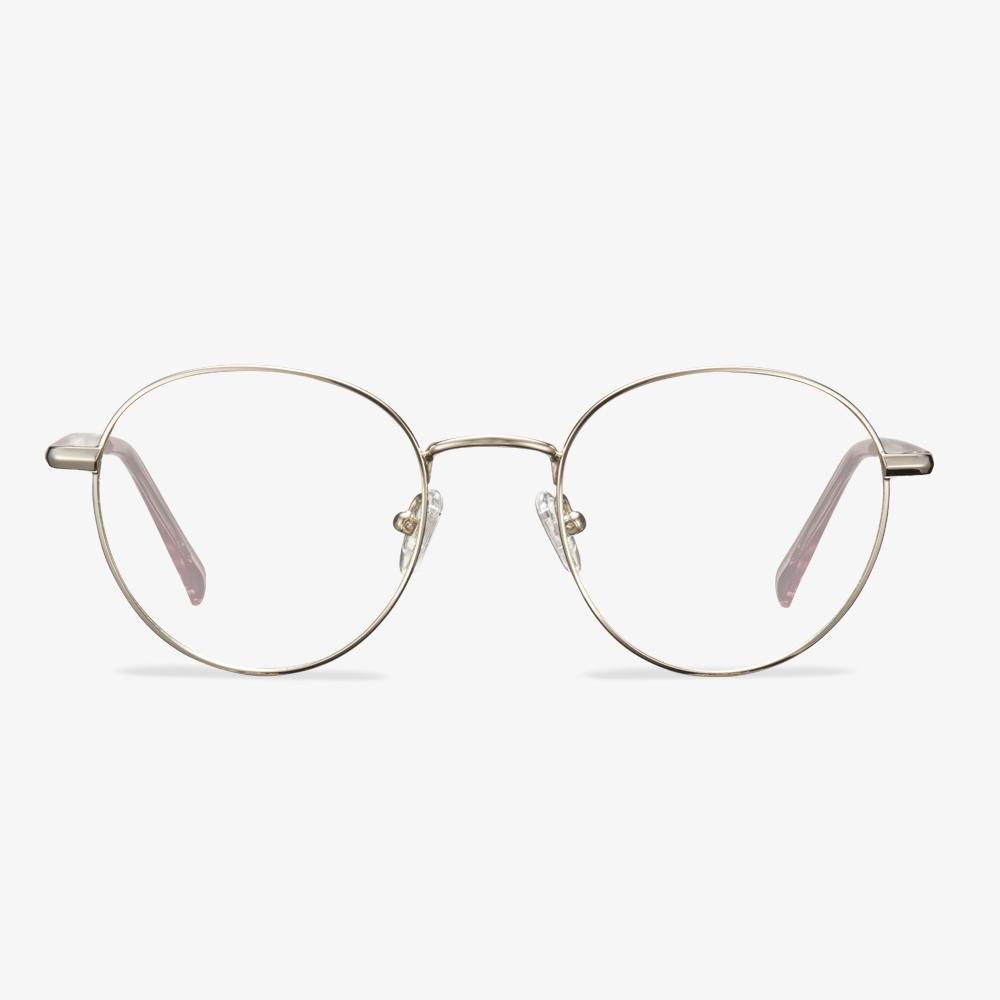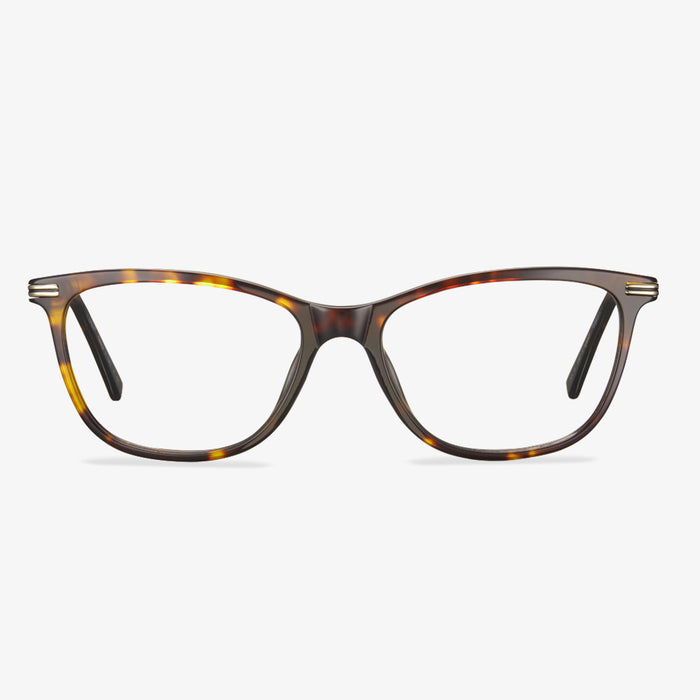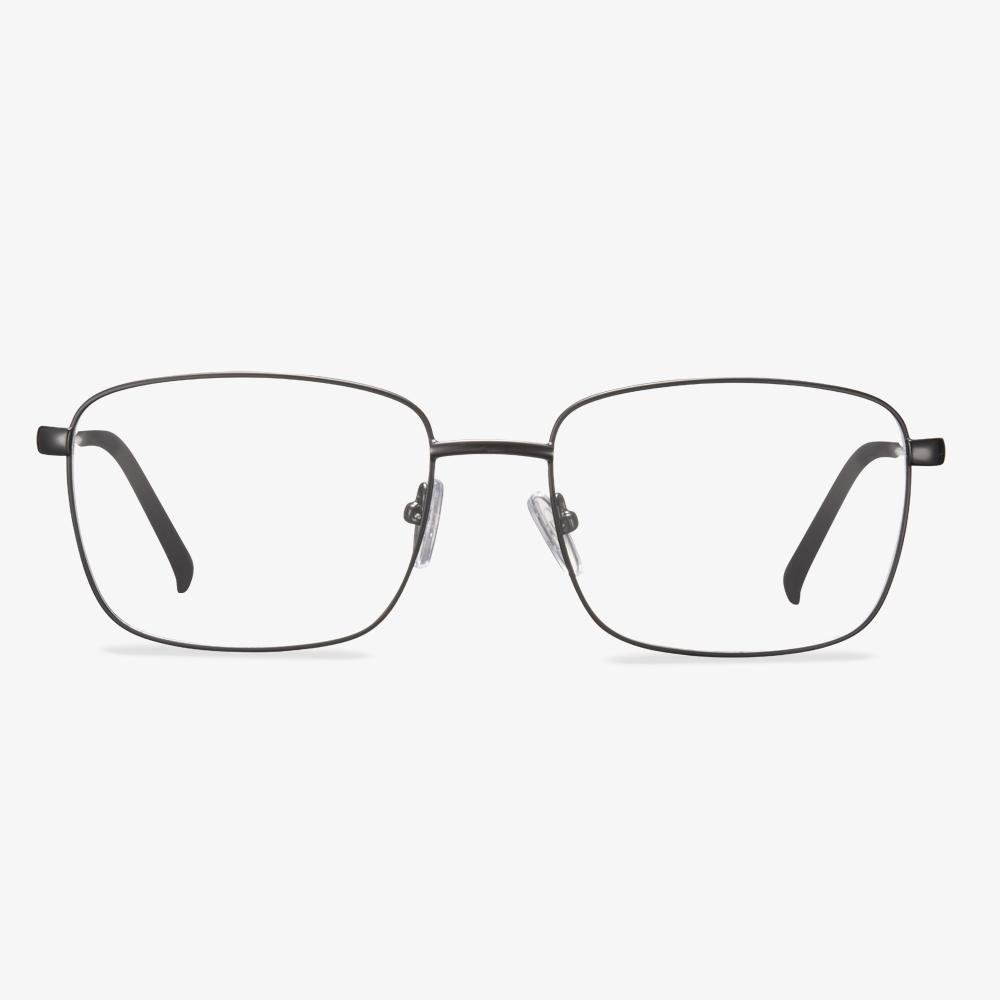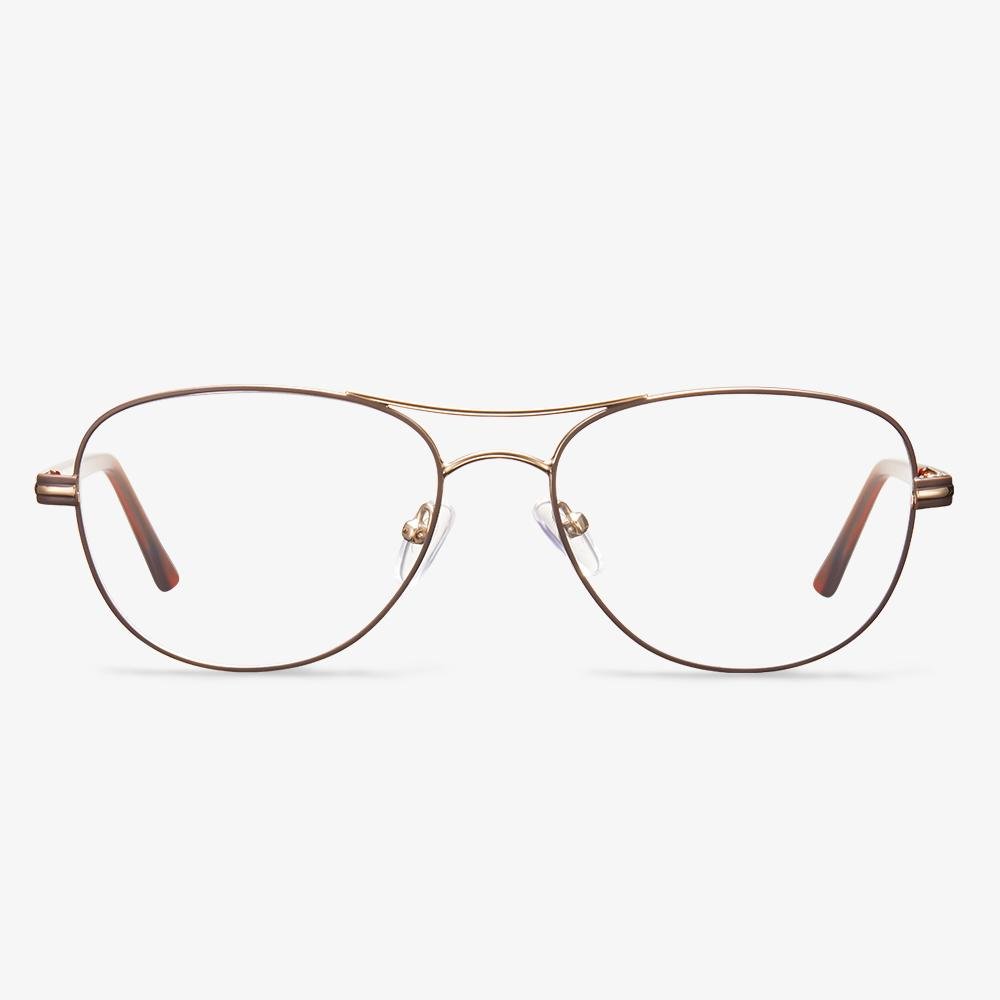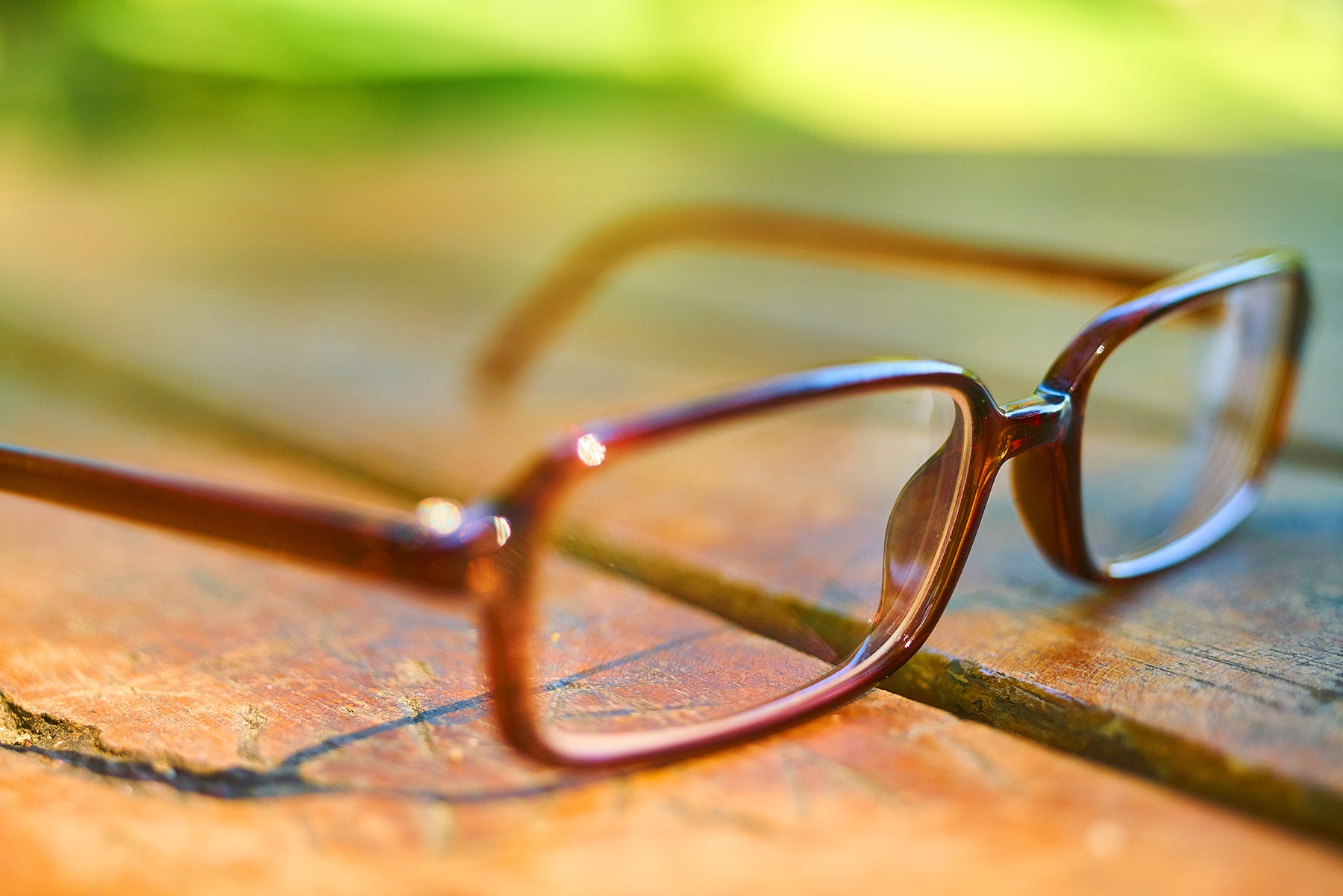Eyeglasses are not only a tool for vision correction but also a fashion statement. Over time, your style preferences may change, or your frames may become worn or outdated. When you're considering updating your eyewear, you might wonder if it's possible to buy new frames and use your old lenses. In this article, we'll explore the feasibility and considerations involved in reusing your old lenses with a fresh pair of frames.
Understanding Lens Compatibility
Before diving into the prospect of reusing your old lenses, it's essential to understand the factors that determine lens compatibility:
Prescription: Your eyeglass prescription is the most critical factor. Lenses are crafted to match your specific vision needs, including the degree of nearsightedness, farsightedness, astigmatism, and any multifocal requirements for reading or intermediate vision.
Lens Material and Coatings: The material of your lenses (e.g., plastic, high-index, or polycarbonate) and any specialized coatings (e.g., anti-reflective or scratch-resistant) can impact their suitability for reuse.
Frame Size and Shape: The dimensions and design of your new frames must align with your old lenses. A significant mismatch can result in visual distortion or discomfort.
When Reusing Old Lenses Is Feasible
In some cases, reusing old lenses with new frames can be a viable option:
Compatible Frames: If you find new frames that are compatible with your prescription and the dimensions of your old lenses, it's possible to transfer the lenses. Frames designed to accommodate a variety of lens types, including multifocal lenses, can offer more flexibility in this regard.
Prescription Unchanged: If your prescription has remained the same or changed only slightly, reusing your old lenses may provide adequate vision correction.
Lens Condition: The condition of your old lenses is crucial. If they are free from visible scratches, damage, or significant wear and tear, they are more likely to provide satisfactory visual clarity.
When Reusing Old Lenses May Not Be Advisable
There are situations where reusing old lenses may not be advisable:
Significant Prescription Changes: If your prescription has changed significantly since your old lenses were made, reusing them may not provide the vision correction you need.
Lens Damage: Lenses with visible scratches, chips, or other damage can compromise visual clarity and comfort.
Different Frame Style: If your new frames have a significantly different size, shape, or lens height compared to your old frames, reusing the lenses may lead to issues with visual quality and comfort.
Consult with an Optometrist
To determine the feasibility of reusing your old lenses with new frames, it's crucial to consult with an optometrist or eyewear specialist. They can assess your prescription, evaluate the condition of your lenses, and help you select frames that are compatible with your lenses and facial features.
While reusing old lenses with new frames is possible under specific circumstances, it requires careful consideration and professional guidance. Prioritize visual clarity, comfort, and style when making decisions about your eyewear. Consult with an optometrist or eyewear specialist to ensure that your new frames complement your old lenses, providing you with both functional and fashionable eyewear. Ultimately, the goal is to enjoy clear vision and confidence in your eyeglasses.

















